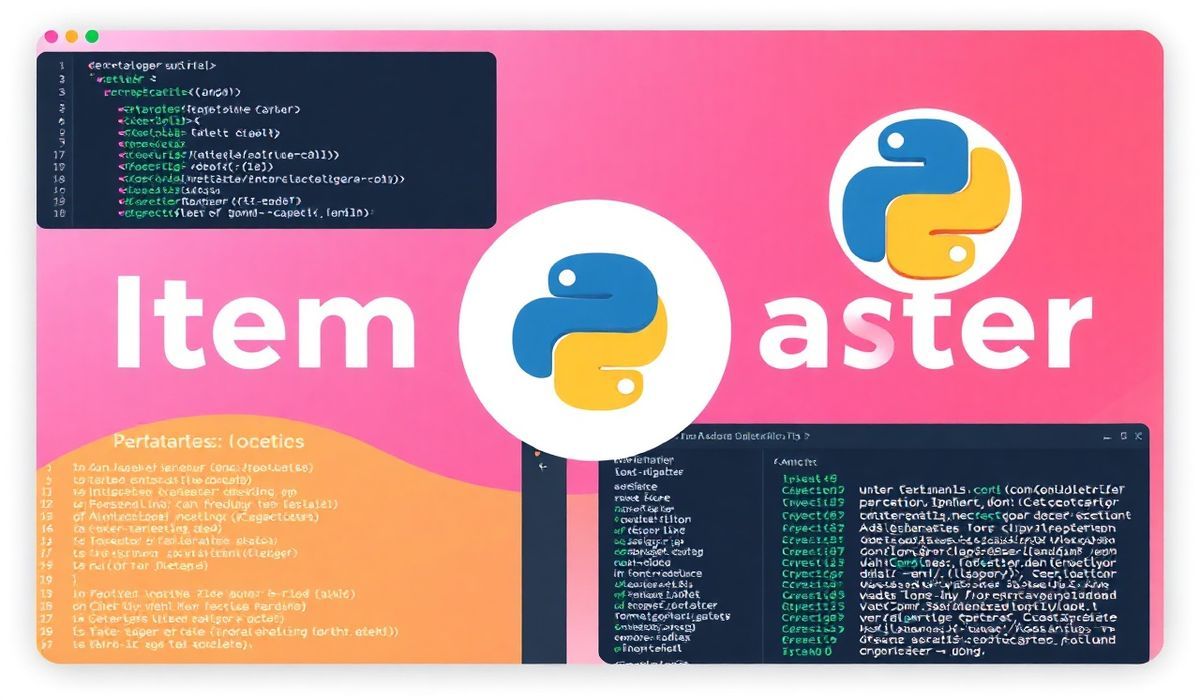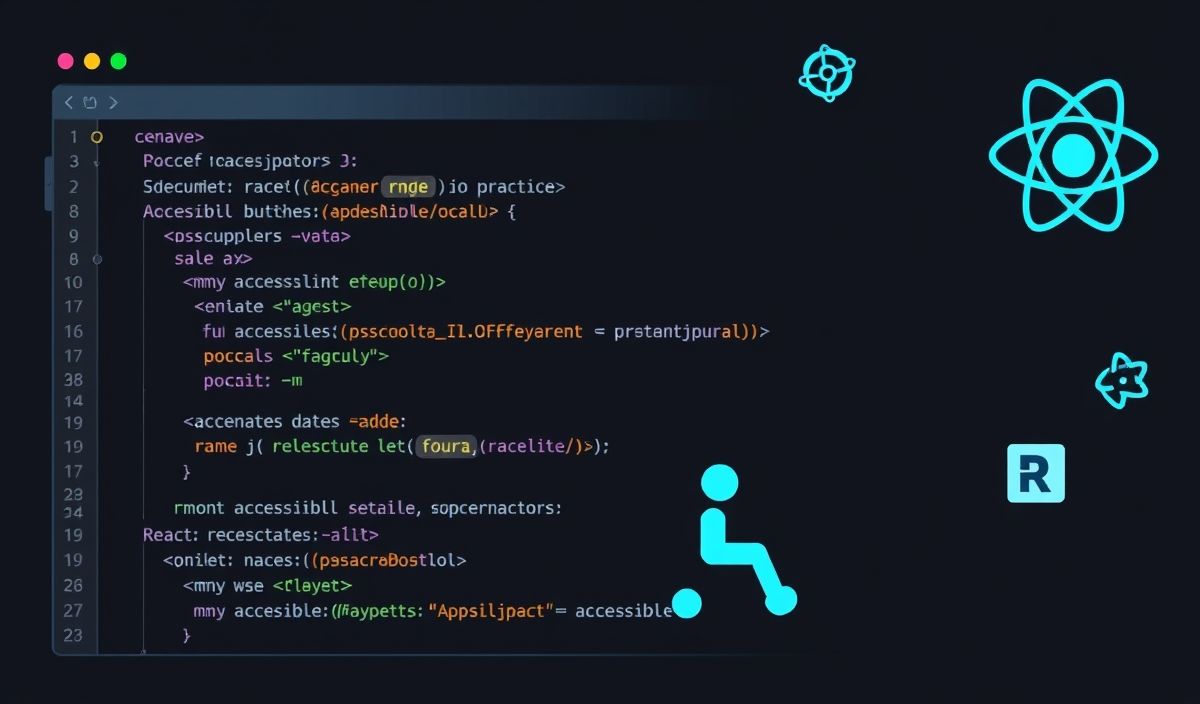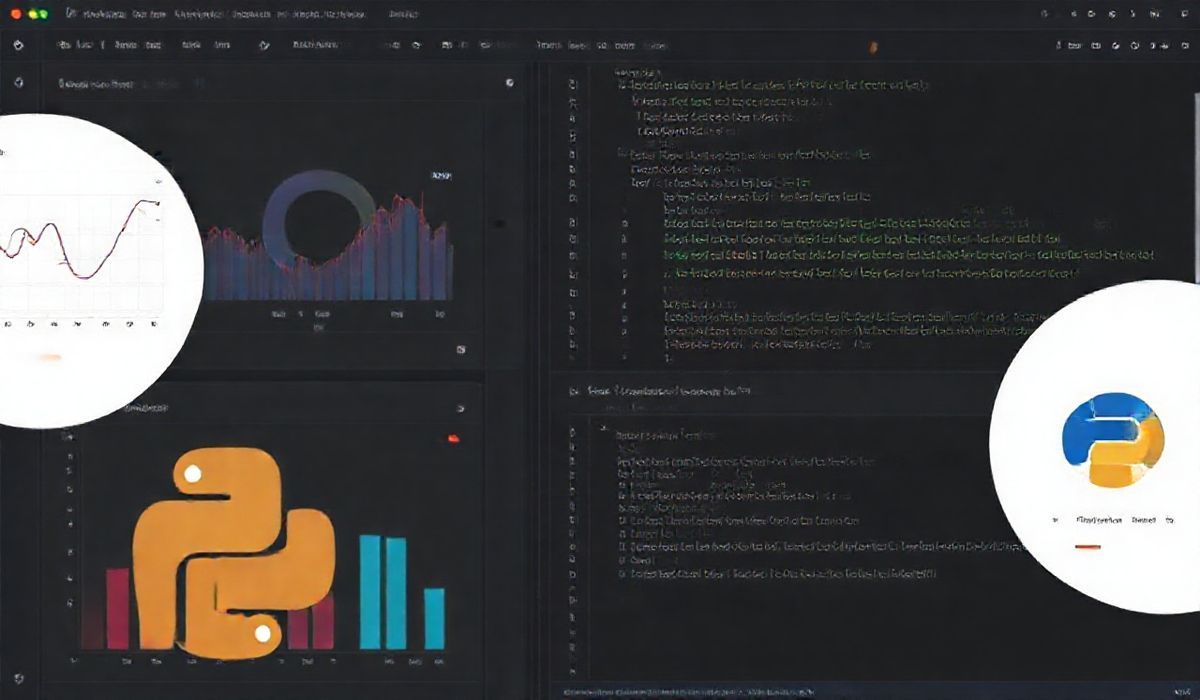Introduction to Itemadapter
When working with data processing in Python, especially in web scraping pipelines, it’s essential to handle data efficiently. itemadapter is a powerful, lightweight library designed to solve this problem. With its simple API, it helps developers adapt and manipulate data in a pipeline-friendly way without having to write custom implementation code every time. Whether you’re working with dictionaries, user-defined classes, or Scrapy Items, itemadapter makes your life easier.
Key Features of itemadapter
- Unified interface for working with multiple data types.
- Out-of-the-box support for Python
dict, Scrapy Items, and custom Item types. - Provides safe attribute and key access.
- Extensible API for custom integrations.
How to Get Started with itemadapter
To get started, you first need to install the library:
pip install itemadapter
Using itemadapter: A Practical Guide
Here are some of the most useful APIs and functionalities of itemadapter:
1. Adapting Items
Use the ItemAdapter to wrap any item for unified access:
from itemadapter import ItemAdapter
data = {"name": "John Doe", "age": 30}
adapter = ItemAdapter(data)
print(adapter["name"]) # Outputs: John Doe
2. Checking if a Field Exists
You can check whether a particular field exists within the item:
print(adapter.field_exist("age")) # Outputs: True
print(adapter.field_exist("gender")) # Outputs: False
3. Setting Item Attributes
Set the value of a field in the adapted item:
adapter["gender"] = "male" print(adapter["gender"]) # Outputs: male
4. Checking Item Field Metadata
This is particularly useful when working with Scrapy Items:
from scrapy.item import Item, Field
class MyItem(Item):
name = Field()
age = Field()
metadata = Field()
my_item = MyItem(name="Alice", age=25)
adapter = ItemAdapter(my_item)
print(adapter.get_field_meta("name")) # Outputs: {}
5. Converting Back to Original Type
Convert adapted items back to their original types:
original_data = adapter.asdict() print(type(original_data)) # Outputs: <class 'dict'>
Extending itemadapter
Custom Item types can be supported by subclassing the Adapter class:
from itemadapter import Adapter
class CustomItemAdapter(Adapter):
def get_field_names(self):
return ["custom_field"]
class CustomItem:
def __init__(self, custom_field):
self.custom_field = custom_field
item = CustomItem(custom_field="This is custom!")
adapter = CustomItemAdapter(item)
print(adapter["custom_field"]) # Outputs: This is custom!
Example Application Using itemadapter
Here’s an example of using itemadapter in a Scrapy project:
from scrapy import Spider
from itemadapter import ItemAdapter
class MySpider(Spider):
name = "example_spider"
def parse(self, response):
item = {"title": response.css("title::text").get(), "url": response.url}
adapter = ItemAdapter(item)
adapter["scraped_at"] = "2023-10-10"
yield adapter.asdict()
In this example, we scrape the page title and URL, add a custom field scraped_at, and yield the adapted data from the Scrapy spider.
Conclusion
itemadapter is a valuable asset for developers working with diverse item types in data processing pipelines. Its simple design and powerful APIs make it an essential tool for web scraping, data manipulation, and beyond. Whether you’re a seasoned pro or a newcomer, itemadapter can make your data-handling tasks much easier.




